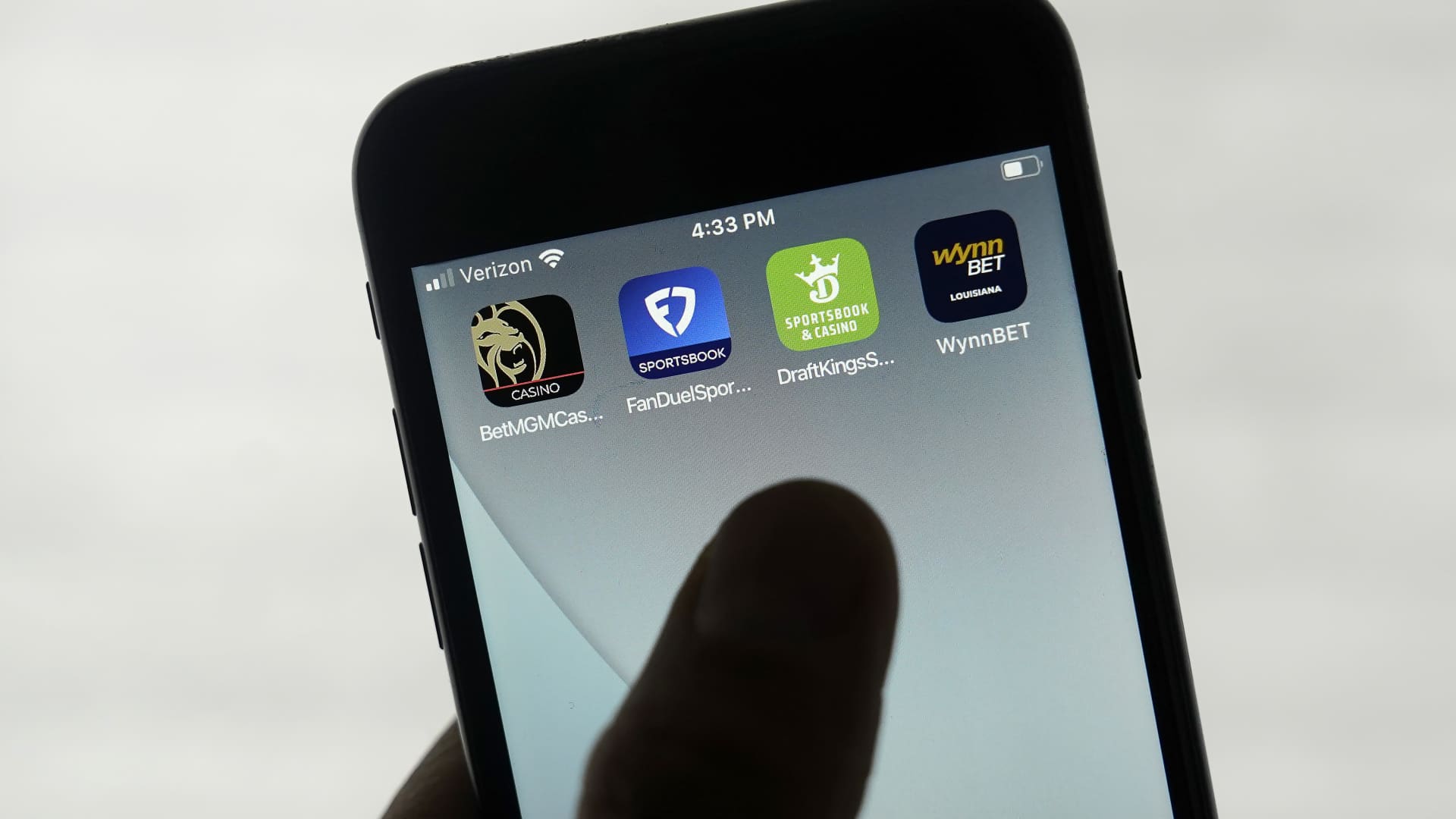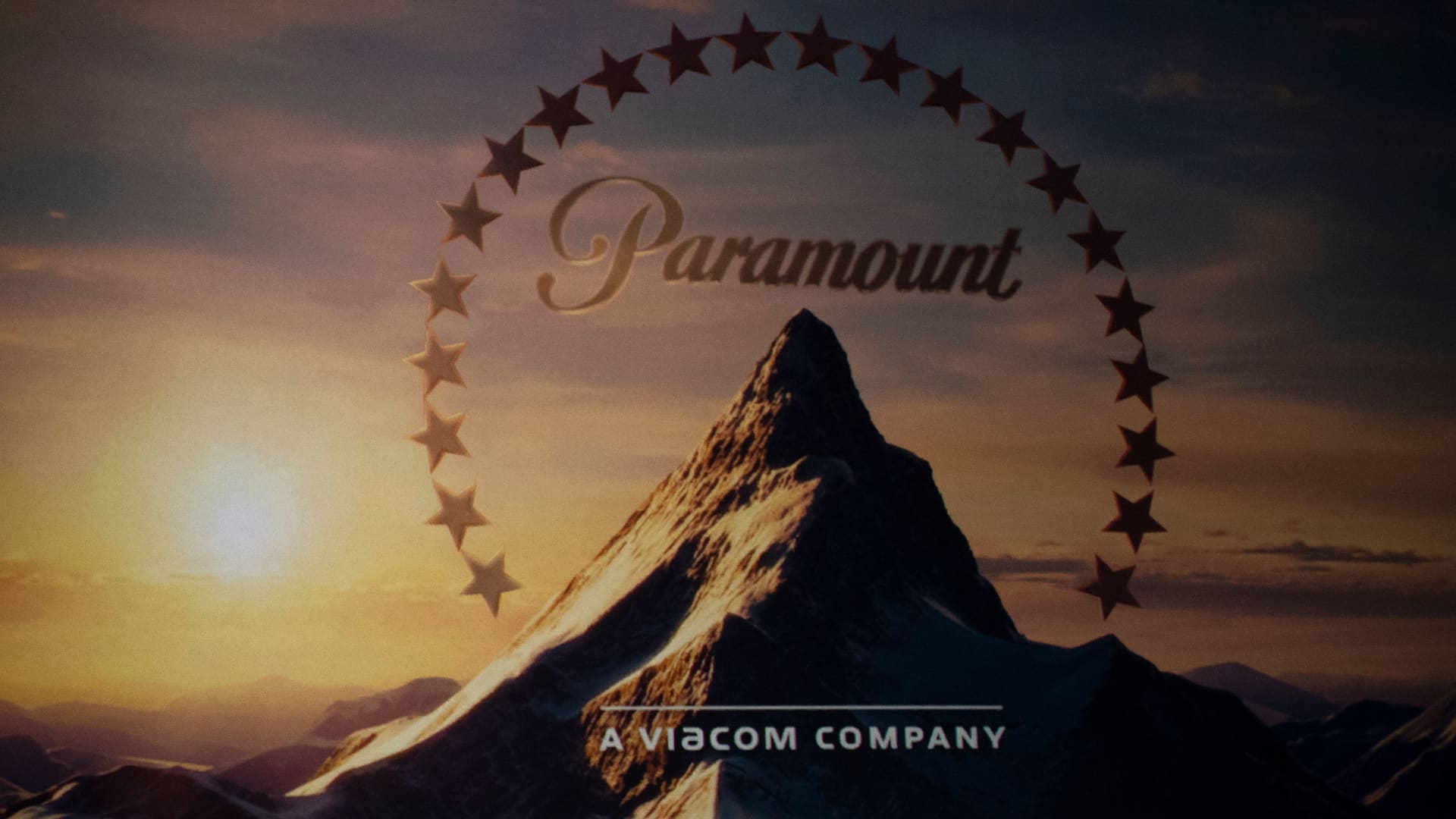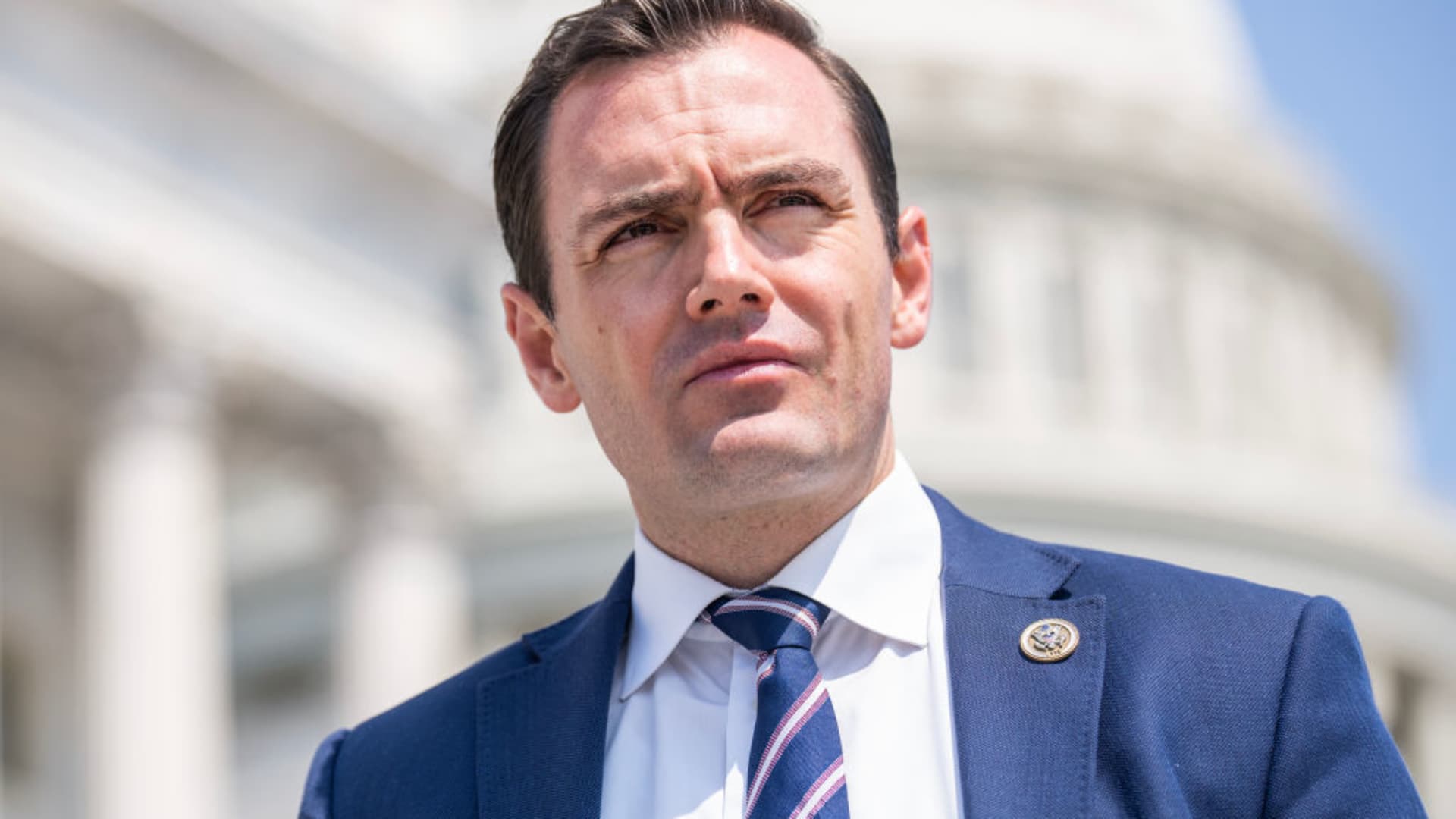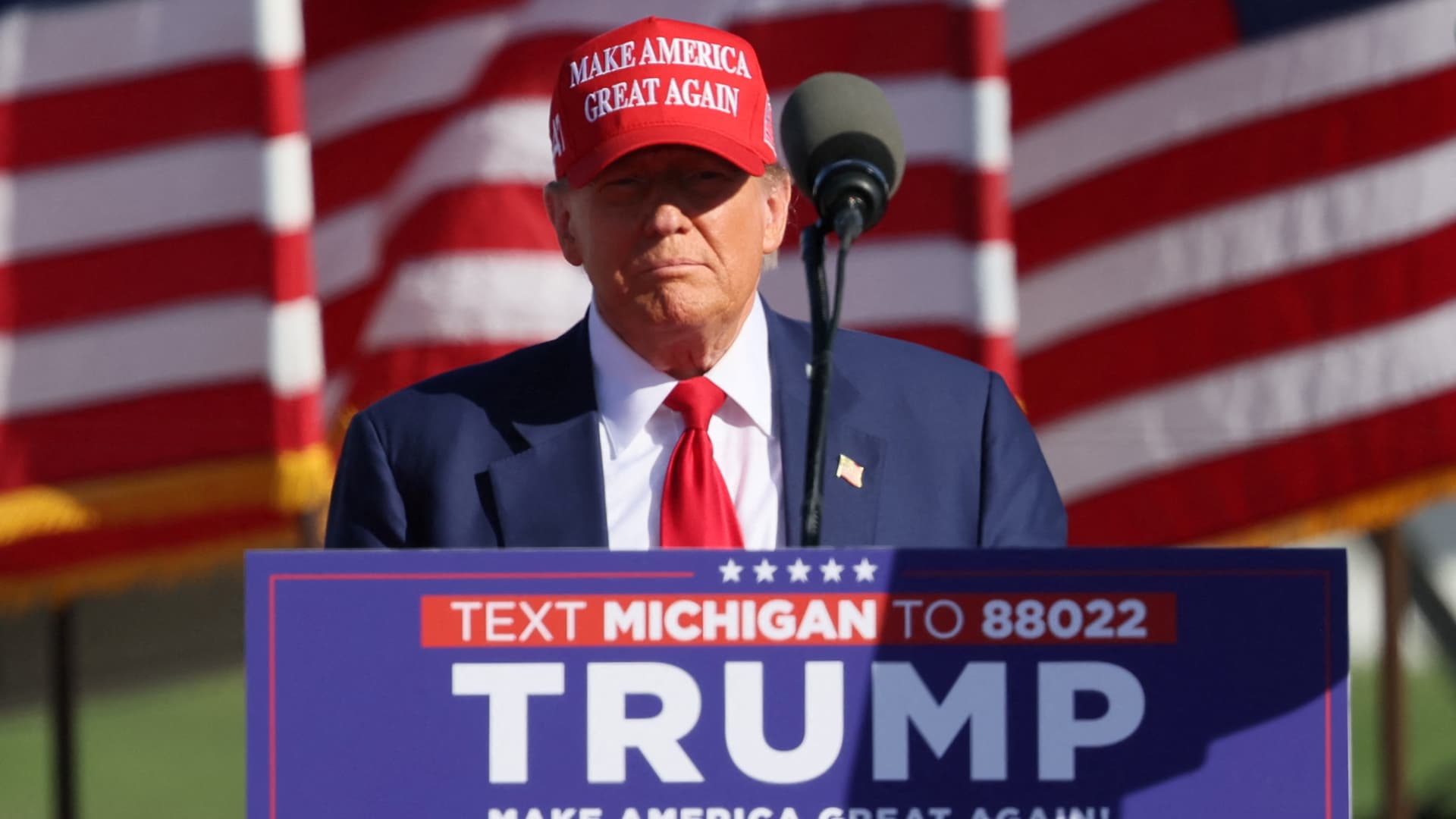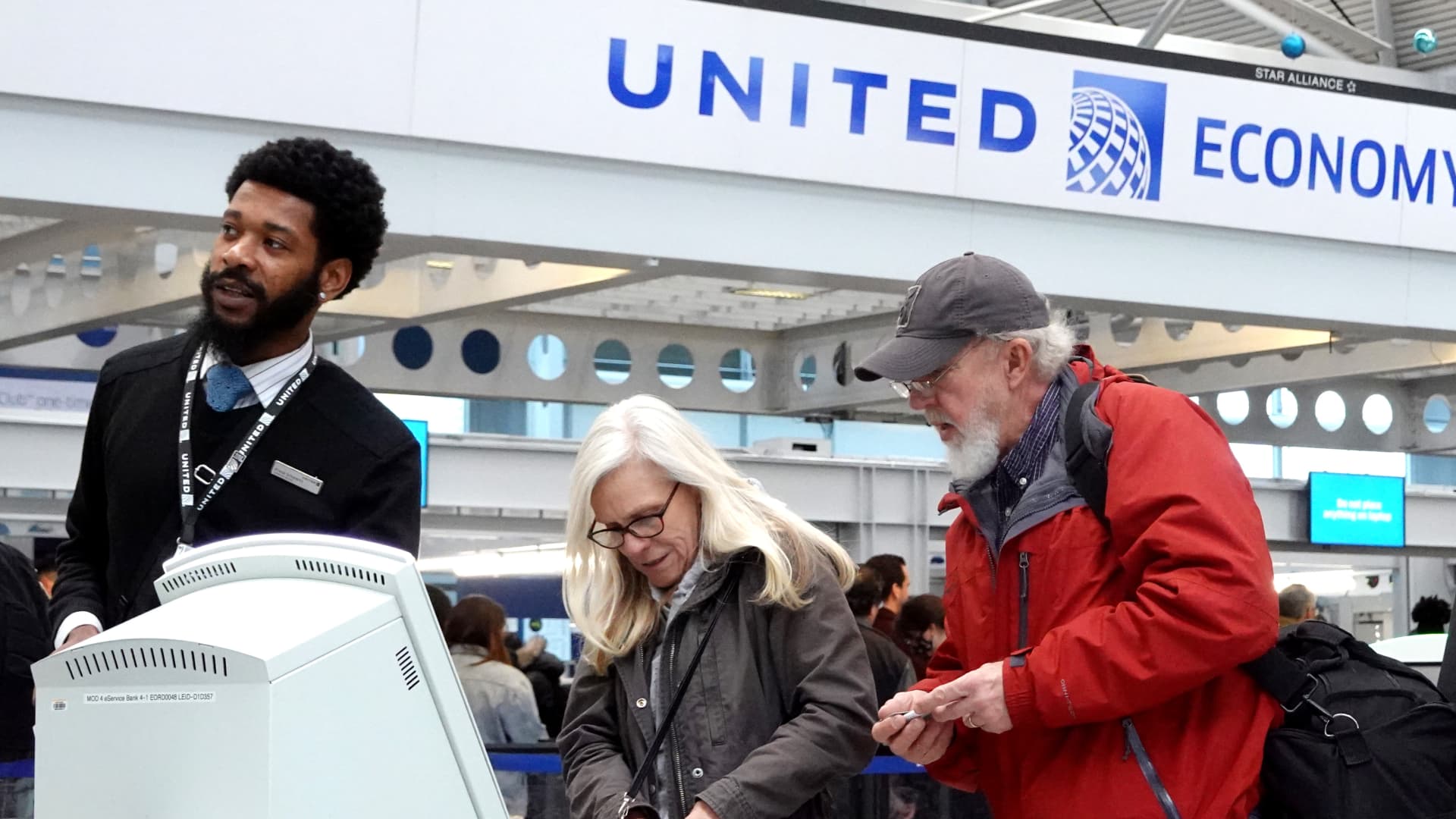Seven of the country’s largest gambling companies are joining forces to form a trade group to promote responsible gambling and will share information about problem gamblers for the first time.
The seven operators – FanDuel, DraftKings, BetMGM, Penn Entertainment, Fanatics Betting & Gaming, Hard Rock Digital and bet365 will form the Responsible Online Gaming Association (ROGA), the group announced on Wednesday.
Members represent more than 85% of the legal online betting market in the United States. Together they have committed more than $20 million in funding for ROGA.
“I’m incredibly excited to be pushing this forward and really doing some impactful things and really expanding knowledge through research and creating these evidence-based best practices and really empowering players with information,” said Jennifer Shatley, executive director of ROGA.
ROGA members are committed to collaborating on issues such as education, best practices for responsible gaming, conscientious advertising and marketing across the industry.
The new group will also establish an independent clearinghouse or database that will allow them to share important consumer protection information. However, the details of how it works are not yet clear.
Justin Sullivan | Getty Images
ROGA says it will create a certification program to assess members’ responsible gaming efforts and incentivize operators to participate.
The new consortium comes at a time when sports betting, both online and in retail locations, has seen dramatic growth across the country since 2018. 38 states and Washington, DC now offer legal sports betting.
This year, a record number of Americans bet on the Super Bowl. According to geolocation platform GeoComply, online transactions amounted to almost 15,000 per second, doubling the previous year’s figure.
But as gambling has become more mainstream – and as advertising for sports betting has spanned television, streaming and social feeds – headlines about betting scandals and sports have also increased.
In recent days, Los Angeles Dodgers superstar Shohei Ohtani has found himself at the center of a $4 million betting scandal involving his interpreter and an illegal bookmaker. Ohtani insists he never bets on sports. The NBA is investigating Toronto Raptors player Jontay Porter for betting-related irregularities. And US Integrity, a technology company working to combat illegal betting in college sports, reported anomalies in the betting lines for Temple University men’s basketball games.
One result of these claims: The potential to spark outrage and public criticism that could become a turning point for the US gambling industry. There is also the potential for the explosive growth of gambling to undermine the integrity of the sport and lead bettors into addiction.
Problem gambling
According to the National Council on Problem Gambling, an estimated 2 million adults in the United States meet the criteria for a serious gambling problem. An additional 5 to 8 million adults in the United States are considered to have a mild or moderate gambling problem.
Problem gambling has led to strict regulations in Europe and particularly the UK in recent years, impacting the profitability of sports bettors and changing the way they conduct business.
In the United States, there has been a concerted effort for the gambling industry to police itself and fend off stricter regulatory frameworks.
U.S. Rep. Paul Tonko of New York is introducing national legislation that would address what he calls a “public health crisis.” Tonko’s “Supporting Affordability and Fairness with Every Bet Act,” which he introduced last week, would regulate gambling advertising, limit the number and size of deposits and restrict the use of artificial intelligence to attract customers.
“With all these clever concepts of bonus bets, free bets and celebrity speakers, many more people will be excited about this opportunity,” Tonko told CNBC.
An influx of gamblers will lead to a dramatic increase in the number of people with addiction problems, he said.
Some states have fined operators for gambling violations. In August, Maryland fined DraftKings $94,000 for marketing to underage players. PrizePicks has reached a $15 million settlement in New York for illegal business activities. In Indiana, the Gaming Commission fined FanDuel after eight people used illegally obtained debit cards to fund their betting accounts, causing “great harm” to partners in shared bank accounts, according to Indiana Gaming Commission Chairman Milton Thompson.
Customer protection
Some gambling insiders are skeptical of ROGA, wary of what they see as a marketing stunt to address a public relations problem.
CaesarsNoticeably absent from the group that founded ROGA, told CNBC that he learned best practices from 35 years of engaging with responsible gaming.
“While we welcome all efforts to ensure that online gambling is operated and marketed in a responsible manner, we are confident [own] “Responsible gaming approach,” the company said in a statement.
Caesars said it is aimed solely at the 21-and-over demographic and does not allow anyone younger than that to sign up for a Caesars Rewards account, even in states like Rhode Island or Kentucky that allow 18-year-olds to wager.
Many fantasy sports and social betting platforms that operate on a sweepstakes model allow players ages 18 and older, and many of Caesars’ competitors allow customers ages 18 and older to participate in fantasy sports. Some also allow sports betting in this age group in the few states that allow it.
But the industry is working to better insulate its youngest and most vulnerable customers.
The American Gaming Association launched an agreement last March aimed at protecting college-age students from the marketing and promotion of sports betting.
Silquia Patel (right), 29, watches the game after placing her bets at the FANDUEL sportsbook during Super Bowl LIII in East Rutherford, New Jersey, USA, February 3, 2019.
Eduardo Munoz | Reuters
Peter Jackson, CEO of Flutter, FanDuel’s parent company, said responsible gaming boils down to good business. However, he warns that as legal operators come together to improve responsible gambling, the illegal market will always be willing to accept bets from problem gamblers.
“I’m calling on state regulators to help us by cracking down on some of these black market operators,” Jackson told CNBC.
Don’t miss these stories from CNBC PRO:
Source link
2024-03-27 13:00:03
www.cnbc.com

